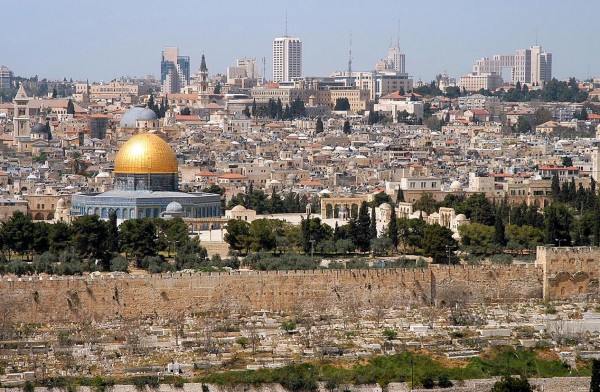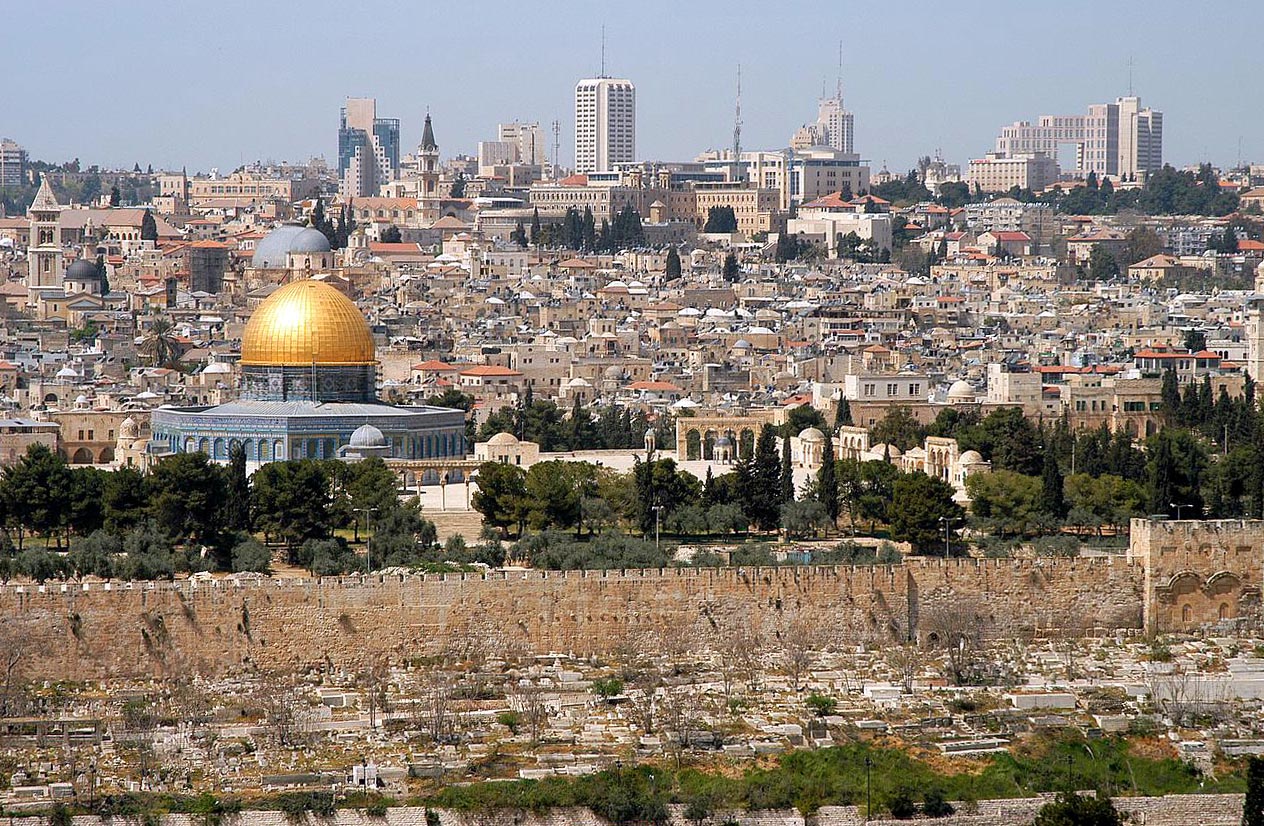
Every morning for the last two weeks, like many other people, I’ve woken up hoping that the wave of violence between Israelis and Palestinians has ended overnight. Every morning for the last two weeks, I’ve been upset, frustrated, and saddened to realize that, no, the violence hasn’t ended.
It often seems that I and many of my politically leftist friends clam up when violence sparks between Israelis and Palestinians — it’s incredibly easy to criticize, and even condemn, the actions of the Israeli government when there isn’t daily violence on both sides. But when both sides are killing each other it becomes suddenly much more difficult to condemn. Were we wrong all along?
The answer is: No. We aren’t. Yet at the same time, each statement is followed by a “but,” something to contradict what I’ve just thought. I want to condemn Israeli violence against Palestinians, but I can’t really condemn retaliation against violent attacks on civilians, but I know that the Palestinians are rising up because of a violent military occupation that continues to drag on, often at the goading of the Israeli government, but is popular violent uprising the best way to solve a problem?… The list goes on.
Yet all of the complications are thrown out when we see an escalation in violence. All of a sudden, we begin to condemn the violence only from one side, the violence against those to whom we are closest, and erase all of the “buts” that come with the historical narratives of two fighting peoples. We allow the violence to erase the complexities; we ask that critiques be held off until after the dust begins to settle; and we unite under a one-sided narrative that not all of us believe. We try to create a singular front.
But we can’t, and we shouldn’t. Yes, we leftists can and should condemn the senseless violence against racism, but we must be just as quick to respond to the rampant racism that the rest of the Jewish community now seems to accept as commonplace against Arabs in general and Palestinians in particular, and we must speak against those Jews publicly advocating for collective punishment of Palestinians.
At the end of the day, we have just as much a responsibility to condemn violence against civilians — on both sides — as we do to our community. We leftists cannot be silent, neither in our condemnations of the violence nor in our equally loud and unequivocal condemnations of those who advocate for Israeli extremism.
If our responsibilities are first to our own, then we have to make sure that we continue to fight against those in our own fold who continue to advocate for violence. It’s easy to decry the violence of others, like the reaction to a popular video that circulated of a Palestinian Muslim cleric advocating for killing Jews. It’s easy to condemn that because we have no control over them, so we can hold them to whatever standards we want and make it easy for them to disappoint. But as effortless it is to condemn violence advocated by those over whom we have no control, it is far more difficult to condemn those over whom we do have control.
This sets the double standard that we in the Jewish community continue to uphold. The Arabs, the Palestinians, must prove themselves worthy, while we are blameless victims. We forget that the victimhood here goes both ways.
It’s hard to condemn those in our own fold, which is why I’m so scared to write this right now, in the midst of violence. I’m frustrated and upset by the violence on both sides, but also by the response, and by the people in our communities here in the Diaspora who continue to perpetuate the system by which violence by Palestinians becomes necessitated.
That is not to remove blame from the Palestinians, but to say that the responsibility lies with us as well. We are responsible for our own. And if our first responsibilities are to our own, then we should be ready to put ourselves first and make sure that we are beyond reproach by condemning the violence perpetrated on both sides. Because if we aren’t, we become part of the system that requires it, and that leaves no options other than violence and retaliation.
When our responsibility to each other means that we automatically hold our own above reproach, then our monolithic response only creates a stronger platform for those of us who espouse racism and advocate for violence against Palestinians. Our responsibility, then, becomes ensuring that we are constantly self-critiquing, constantly making sure that we are fighting against those of us within our own ranks who advocate for racism and collective punishment. Our obligation of constant self-critique even has biblical roots: We are commanded to not only love our neighbor as ourselves, but also to rebuke our neighbors (Leviticus 19:17). Indeed, the obligation for rebuking, for critiquing, stems entirely from a place of love and caring. There are even covenantal ramifications to rebuking.
When we erase the “buts,” the historical and social context into which we fall today, then we allow for the hatred to continue. The truth resists all simplicity, and we, as a Jewish community, need to resist that simplicity as well. If we are responsible for our own, then we too are obligated to resist the simplicity and convenience that come with a monolithic response, and take responsibility for ourselves.
Amram Altzman is a student at List College.

